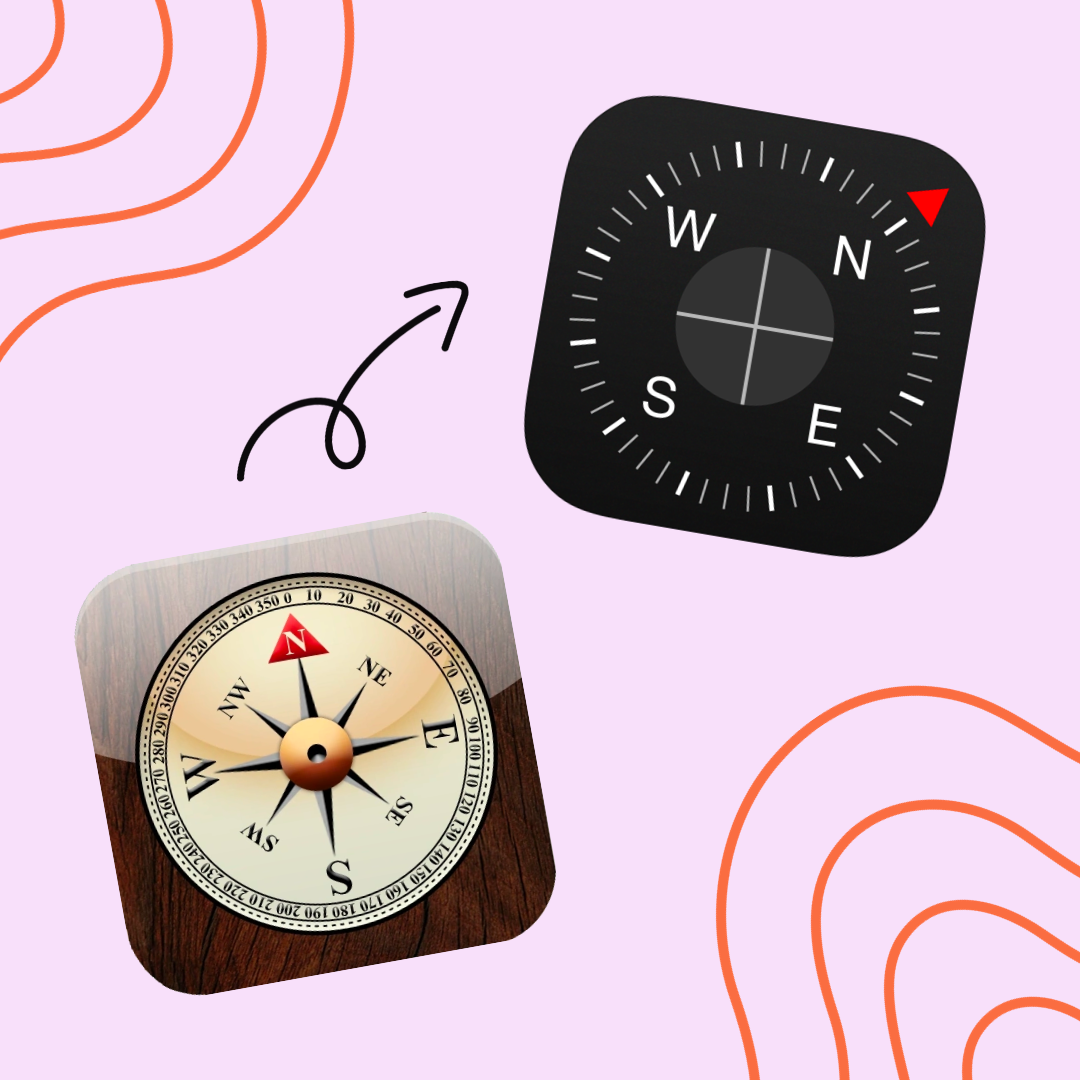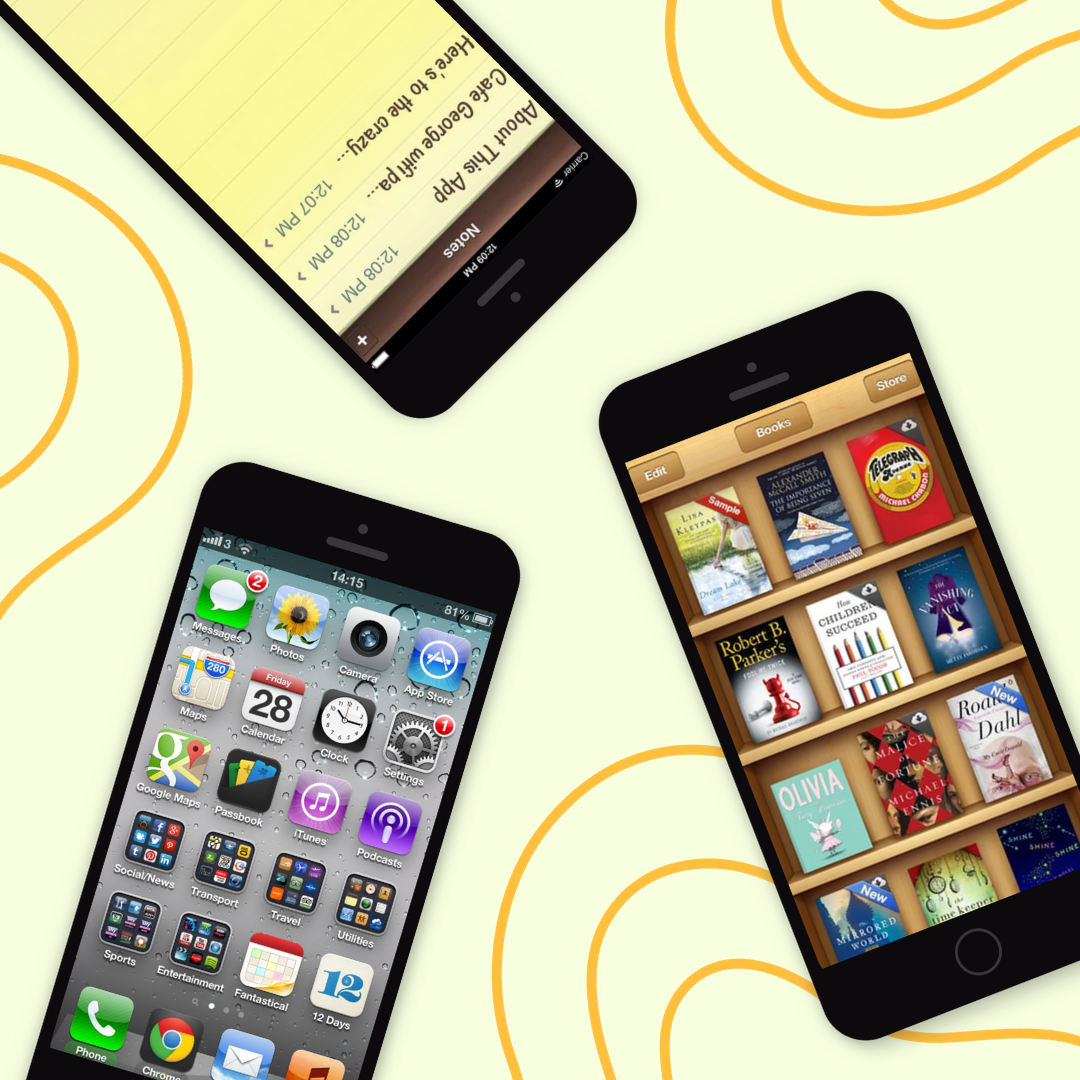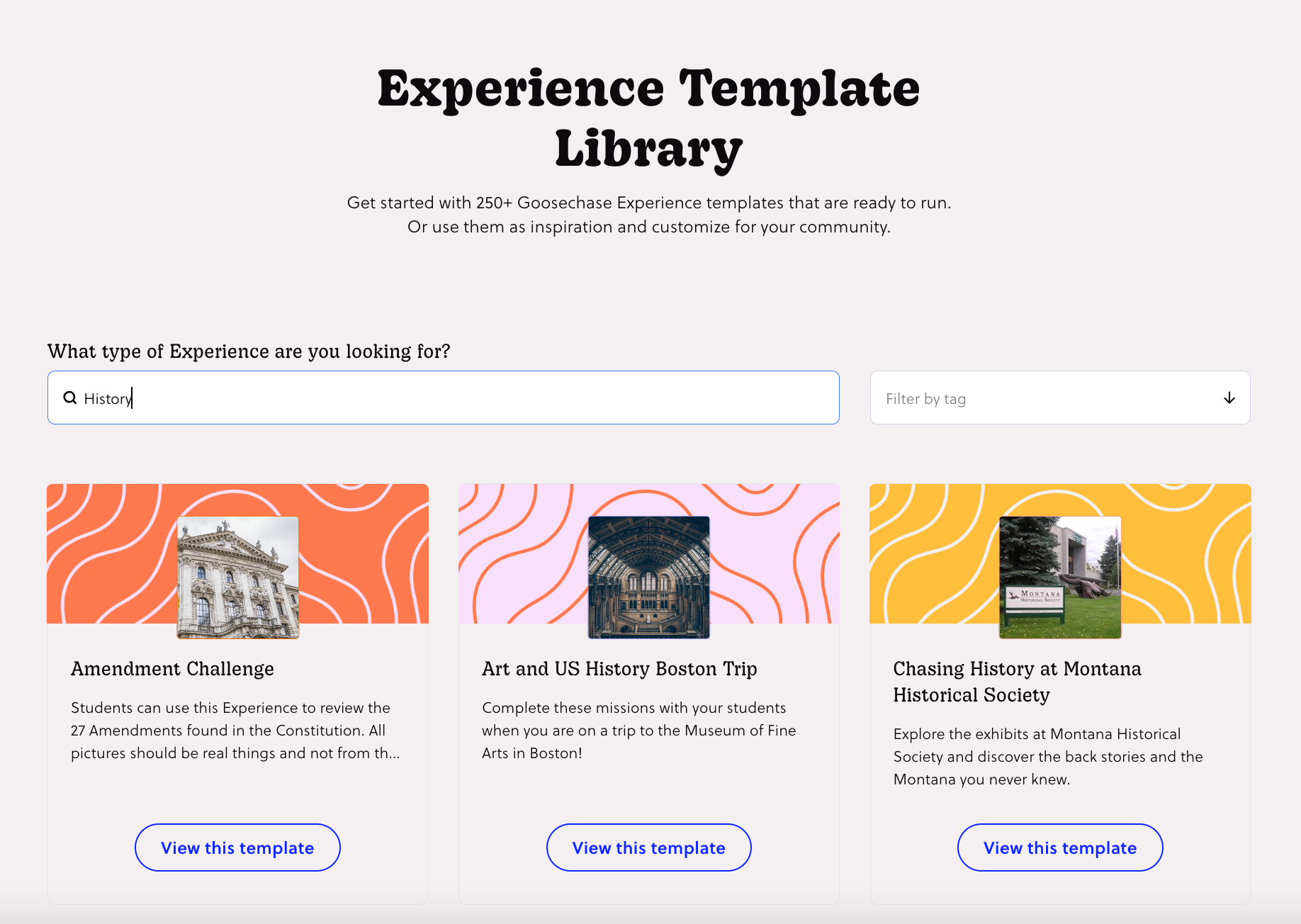The Future of Edtech Should Be More Like Spotify
Whenever a new technology comes out, there’s always a transition period where we mimic the historical form to make the adjustment to the new paradigm a bit easier.
For physical objects, this can look like faux air intake grills on electric vehicles or digital cameras designed to look identical to those requiring film. These details are no longer needed, but we still include them to make people more comfortable with the changes.
In the digital world, it often shows up in the icons and imagery - it’s how we’ve ended up with the long-obsolete floppy disk for saving a file, or every phone app having the classic phone handset shape, even though households haven’t had one in years.
What is Skeumorphism?
This skeuomorphism, which is “when something is designed with extra ornamentation to make it resemble another object so it is more familiar”, is extremely useful for minimizing the cognitive overhead while transitioning to a new era, but we also can’t forget that we don’t need to be stuck in the past forever. Once society is accustomed to the new paradigm, we can move forward!
The best example of this is back in 2013 when Apple moved from iOS 6 to iOS 7. Many of us don’t really remember the specifics of what early versions of iOS looked like, but skeuomorphism was all the rage. The compass app looked like a real compass, the notes app looked like a physical notepad, complete with faux leather and lined pages, and drop shadows were everywhere. All these things helped get us comfortable with the new smartphone paradigm, but after a certain point, were no longer necessary. Apple rightfully realized it was no longer needed for iOS 7 - we could move forwards & embrace the advantages of digital without being constrained by what things looked like in the past.


Edtech is at a Turning Point
It feels like we’re at that same inflection point with edtech companies right now. The first foray into technology was to replicate the classic classroom, just virtually. Instead of educators standing at the front of the room to teach, we now had lectures delivered by video. Tutoring stayed the same, it just moved online. And instead of paper tests and quizzes, we had digital versions of the same.
Edtech startups like Udemy, Course Hero and Kahoot took advantage of this opportunity to become billion-dollar companies. And compared to their analog equivalents, they were massive leaps forward, benefitting millions, but they were also just skeuomorphic replications, not standalone innovations on their own. Great to get started in a familiar way, but not the end goal in and of itself. After years of gaining comfort with edtech innovation, society is ready for the next evolution - edtech’s iOS 7 moment.
We’re actually seeing that with AI and tutoring today. Fierce Education had a great write-up on this transition, where a new survey found that the vast majority of students are already benefiting by incorporating AI into their tutoring needs. Since we’re comfortable with online tutoring now, we can drop the skeuomorphic constraints of in-person tutoring - replacing the person with something else.
“Nearly all of the students who studied with a tutor and ChatGPT this last year replaced some of their tutoring sessions with ChatGPT. 98 percent say their grades have improved since studying with ChatGPT and 9 of 10 prefer studying with ChatGPT to studying with a human tutor.”
- Annie Galvin Teich
And it’s not just AI tutoring, the classic teaching and examination aspects of education are ripe for a rethink as well. The scale provided by technology is opening up opportunities that weren’t there before - especially for interactive learning experiences.
How Edtech Can Learn from Spotify
Much of the way classroom learning has been historically conducted can be attributed to the physical limitations of one-to-many classroom configurations. The best way we had to educate was to provide a fire hose of information, make it as engaging as we could, and then test how much was digested by asking students to reproduce that content on demand. Even the most forward-thinking educators couldn’t be everywhere at once, so they did their best with what they had.
But with the right technology and people, we can change that. Lessons don’t need to be the same for everyone - material can be personalized for each student based on their level of understanding and learning style. And content doesn’t need to be delivered the same old passive way, we can leverage technology to create full-fledged learning experiences instead of traditional lectures, improving student cognition and retention.

We only need to look at the music world to see what a similar leap forward looks like. In the skeuomorphic early days, we still had albums and singles, just online. But after a while, Spotify realized that we could break from the past, launching the massively successful Discover Weekly. We take it for granted now, but that level of personalization and dynamism in the music listening experience didn’t exist before, and now it’s something many of us couldn’t live without.
This is our equivalent iOS 7 transition moment for edtech companies. We’re comfortable with technology in education now, so let’s remove the limits of our past and rethink how we educate. It’s already started with tutoring, it’s time for teaching and examination to take a leap forward as well. The future of education depends on it!

What is Goosechase?
At Goosechase, experience is everything. Originally inspired by scavenger hunts, Goosechase is an online platform that enables organizations and schools to engage, activate, and educate their communities through delightful interactive experiences. Sign up and try creating a free recreational Experience, or check out our Pricing!





